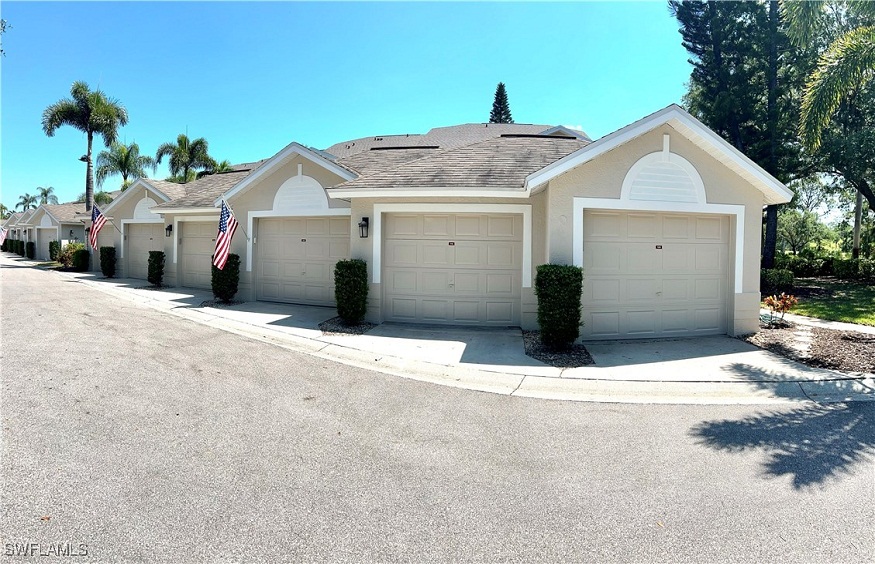Claiming Deductions on Property – Is it Possible?
3 min read
You can claim deductions for your home if you own one. Property owners are eligible for what is known as a property tax deduction. People can receive deductions for both state and local property taxes, depending on which one applies.
When it comes to real estate taxes, all municipal, state, and foreign taxes are deductible. This excludes both trash collection and taxes that were in effect at the time of the home’s remodeling. The state and local governments conduct a yearly tax assessment. The cost of the property will determine how much it is worth.
The property owner will have the ability to claim all or a portion of the taxes. Rental properties and other business properties are not eligible for the deductions. You can deduct the taxes you pay when you buy or sell a home. This includes the taxpayer’s primary residence or vacation home. To maximize the deductions on your property, you can contact Hickory Hill accounting.
How can one claim a property tax deduction?
In order to be eligible for a property tax deduction, the taxes must be there on the property owned, and they should be charged on a yearly basis. It does not matter when the government collects that tax from you. This is why if state tax was only there when the property was being purchased, then you probably will not get deductions on it.
This is because it does not meet the criteria set out by the International Revenue System (IRS). Furthermore, it has been discussed before that property tax deductions will only be there when that person will itemize deductions.
What are the pros and cons of property tax deduction?
Every now and then, you will hear about eliminating the deduction of property taxes. This is because it can encourage people to get into more debt for themselves. There are also people who say that it is promoting homeownership.
In 2018, the standard deduction was doubled, which brought a prediction that not many homeowners would engage in itemizing their deductions. Therefore, only a few property owners can now claim a property tax deduction. Furthermore, there is also a revision of the standard tax deduction, which is done every year.
What are some special considerations?
As discussed earlier, the tax that you pay on rental properties, or the one that the taxpayer does not own, is not subject to deduction. Furthermore, if there is a homebuyer who is paying delinquent taxes, and that too from a year earlier, they will not be able to deduct taxes on such things.
Such delinquent tax payments are considered a part of the cost of buying a home. There are also miscellaneous items that cannot be deducted because of some tax purpose. There might be some payment done for having improved the local residential area.
It can include any sidewalks, fees associated with trash collection, etc. In order to have more information about which part of the bill is eligible for a tax deduction, you can refer to a form. It is called Form 1098.
What is the limit for a property tax deduction?
You can deduct up to ten thousand dollars, of which five thousand are for married filing separately. As far as renters are concerned, they might get some deduction from the state taxes. A professional can help you figure out the possible deductions and make use of it whenever you can.
Wrapping Up!
A Certified Public Accountant(CPA) can make things easier for you by finding all the possible deductions for you. They can help you maximize your deductions and make things easier for you. They also assist businesses with other tax-related matters while they can focus on the core activities.






